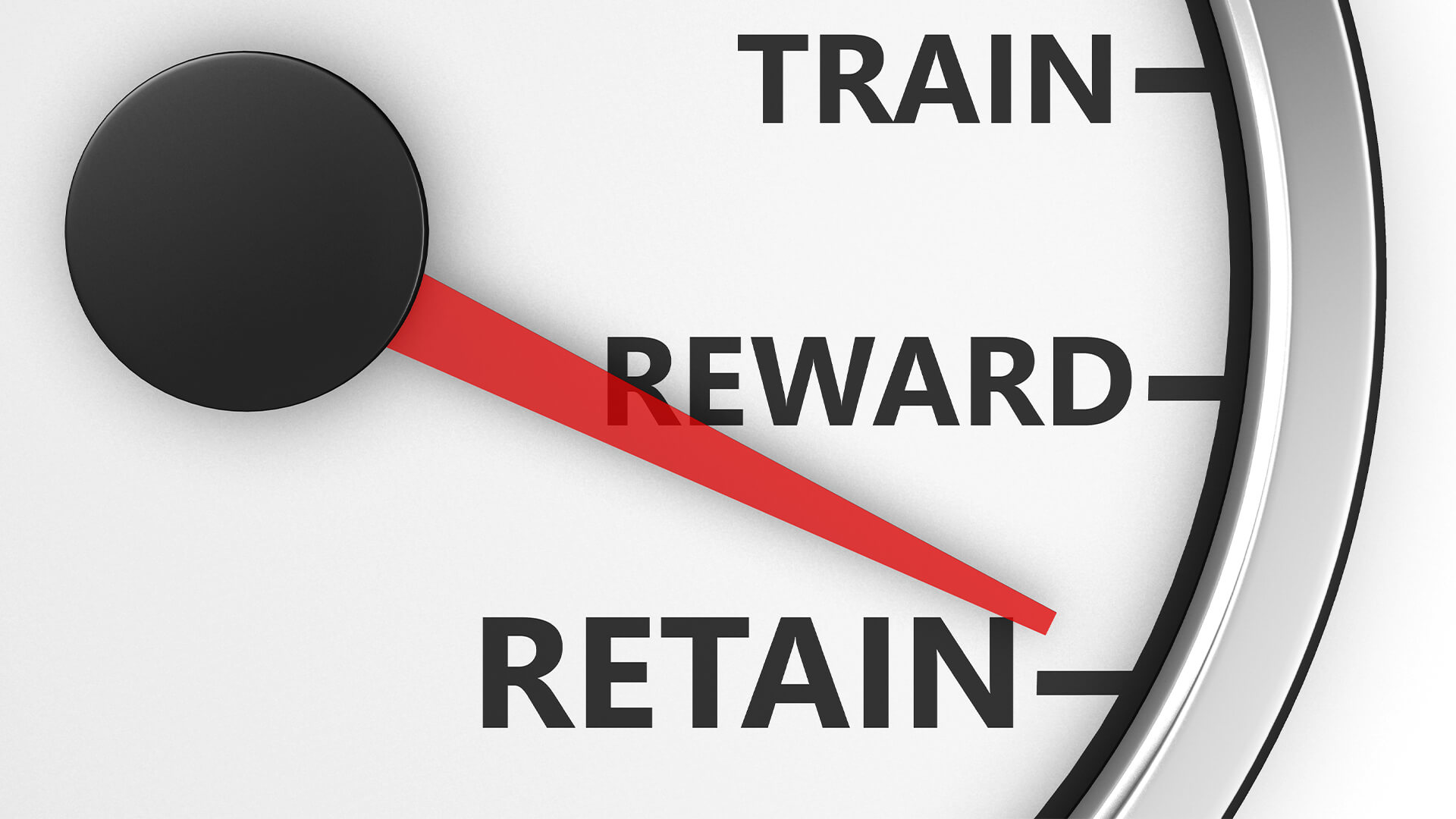The Key to Staff Retention and Recruitment: Understanding Employees Post-pandemic Work-perks & Must-have
Over the past year, the coronavirus outbreak left many workers confined to their homes. While this presented a number of challenges, it also allowed people to enjoy their creature comforts. From regular (perhaps too regular) trips to the fridge, to watching TV or playing video games on lunch breaks.
The UK workforce has certainly become accustomed to a more convivial working environment. The question for many businesses, is how does this translate into work-place expectations when so many are now flocking back to offices?
The UK’s leading business energy retailer Love Energy Savings wanted to find out. Through a survey of over 1,000 UK employees who were sometimes or always working from home during the pandemic, they ascertained what office-workers new requirements and must-haves are for their workplace/employment, now that they have worked through a pandemic.
Top 5 ‘nice-to-haves’ that people would like their employers to offer:
1) 75% said dedicated mental health days to take off on top of holiday allowance
2) 75% said a health care cash plan
3) 69% said private medical insurance
4) 64% said birthdays off work separately to annual leave
5) 61% said social events and activities paid for by the employer
Top 3 ‘must-haves’ that people expect employers to offer:
1) 60% said having more than the statutory minimum holiday allowance of 20 days
2) 43% said fully flexible working hours
3) 36% said enough parking spaces for every employee
It looks like the impact of the pandemic has really driven home the need for mental and physical health care, and it seems holidays have become more important than ever!
According to Lori Rassas, an SPHR-certified Human Resources consultant and author of It’s About You Too it’s more important than ever for employers to take these wants and must-haves seriously:
“The pandemic provided so many employees with the time to reflect about their work-life balance. These reprioritizations are leading to turnover and a consequent war on talent, where employers are working to both retain and recruit top talent to replace those employees who opt to move on to new opportunities.
“In this type of environment, it is increasingly important for employers to ensure their employees are open about their wants and needs, so they have the opportunity to determine whether they can address them.”
Top Tips for HR Professionals & Business Owners:
Open up a dialogue:
Those companies looking to come out on top need to ensure a dialogue is opened up between staff members. As Lori pointed out, it’s only when we ask honest questions that we receive honest answers. While this may mean asking difficult questions for businesses (wage satisfaction for example), burying heads in the sand is not going to aid in staff retention.
If businesses don’t ask staff exactly what they can do to keep them, employees will move on, especially with the current buoyancy of the job market across many industries.
Re-asses existing work-perks:
A number of work-perks currently in place across many businesses need assessing to ascertain whether they are fit for the digital age of flexible working. They may require modernisation.
If a business has adopted a hybrid working model, the question needs to be asked: are staff who don’t go into the office missing out on in-office perks like a free on-site gym or subsidised meals or snacks? If this is the case, can these items be monetised, and digital alternatives offered?
These could really add up in some cases and allow for swish annual rewards ranging from holiday allowances to large Christmas hampers. The sky is the limit!
Hybrid working requires hybrid work-perks:
If a business now operates within a hybrid working model, the work-perks need to reflect this. Offering a choice of benefits to suit staff will result in happier employees who feel that their personal needs are being listened to and met.
Some may not wish to take advantage of an on-site gym (or can’t) but would benefit hugely from an employee healthcare scheme to help them upgrade their glasses.
Final thought:
The pandemic and home working provided a source of perspective to many in the UK, while the furlough scheme offered employees the time and space for reflection.
Employers should therefore not be too quick to dismiss these changes in employee attitudes and priorities as a temporary side effect of the past two years. Instead, businesses need to understand that these sentiments were only brought to the fore by the pandemic and these demands are likely here to stay.
In order to thrive, business leaders must evolve and listen to a changed workforce.

Stay updated with our latest publications.
Discover Issues
See how we can help you grow in the online space!
Advertise With Us
We can help promote your business.
Find Out More




